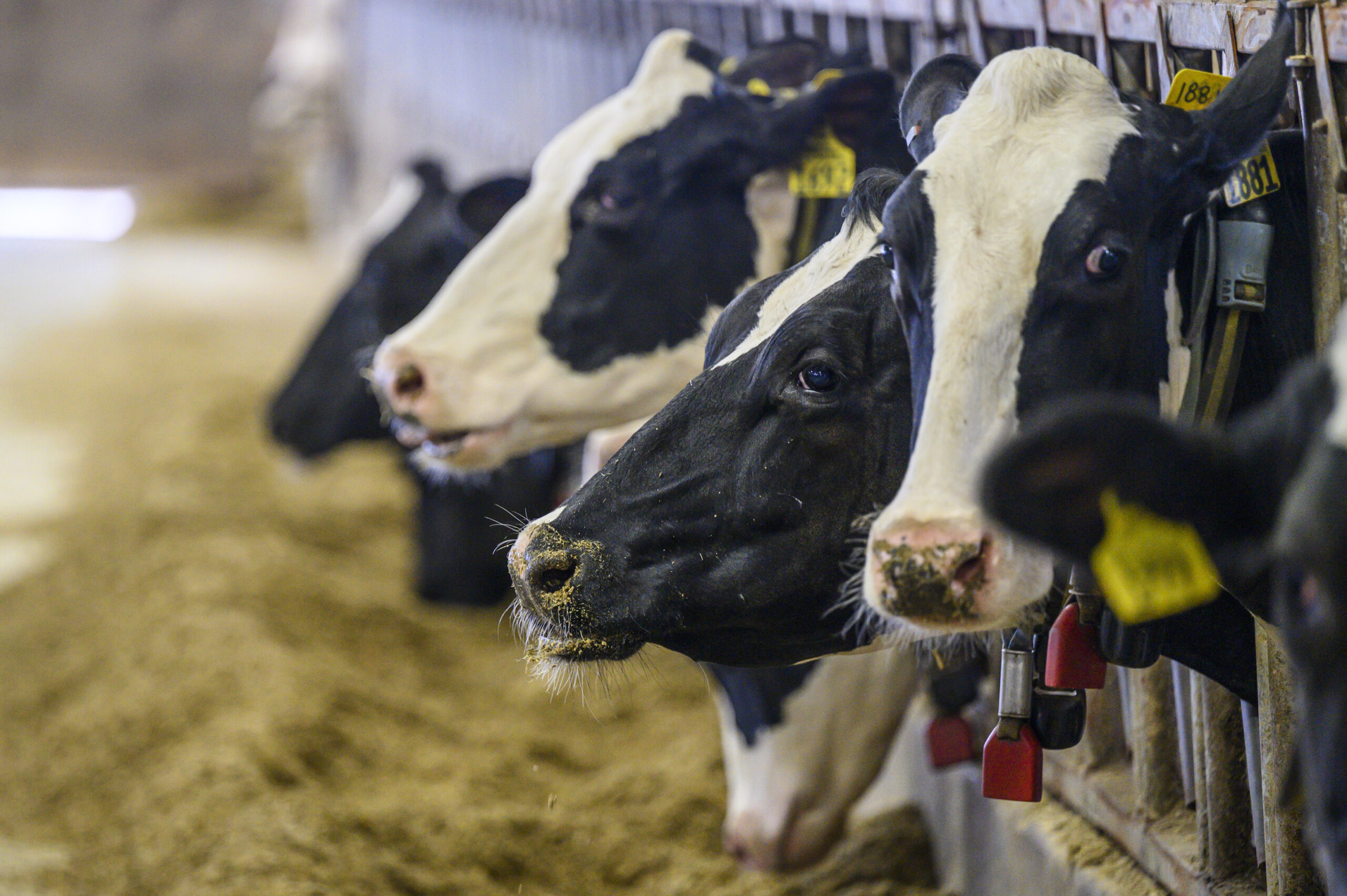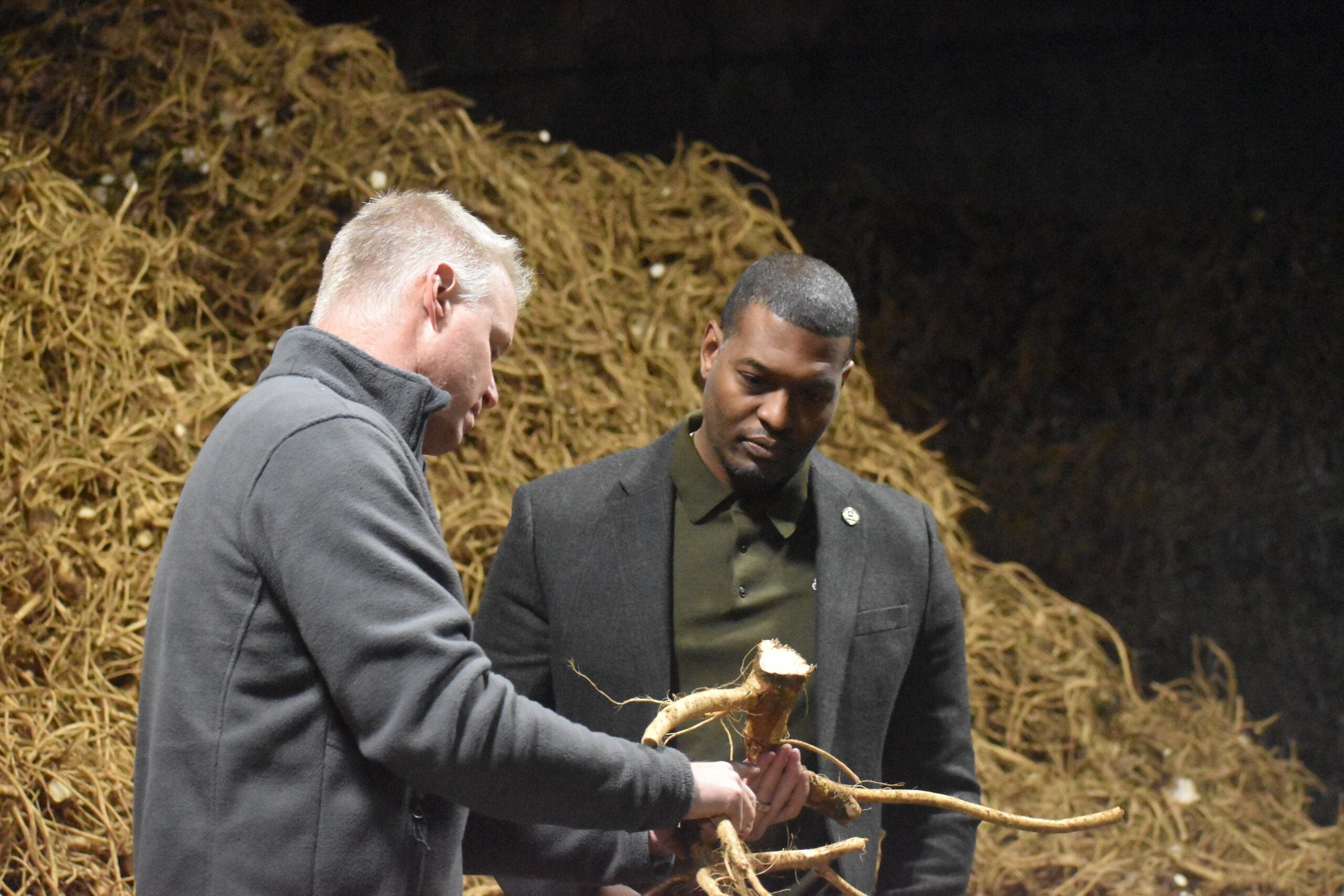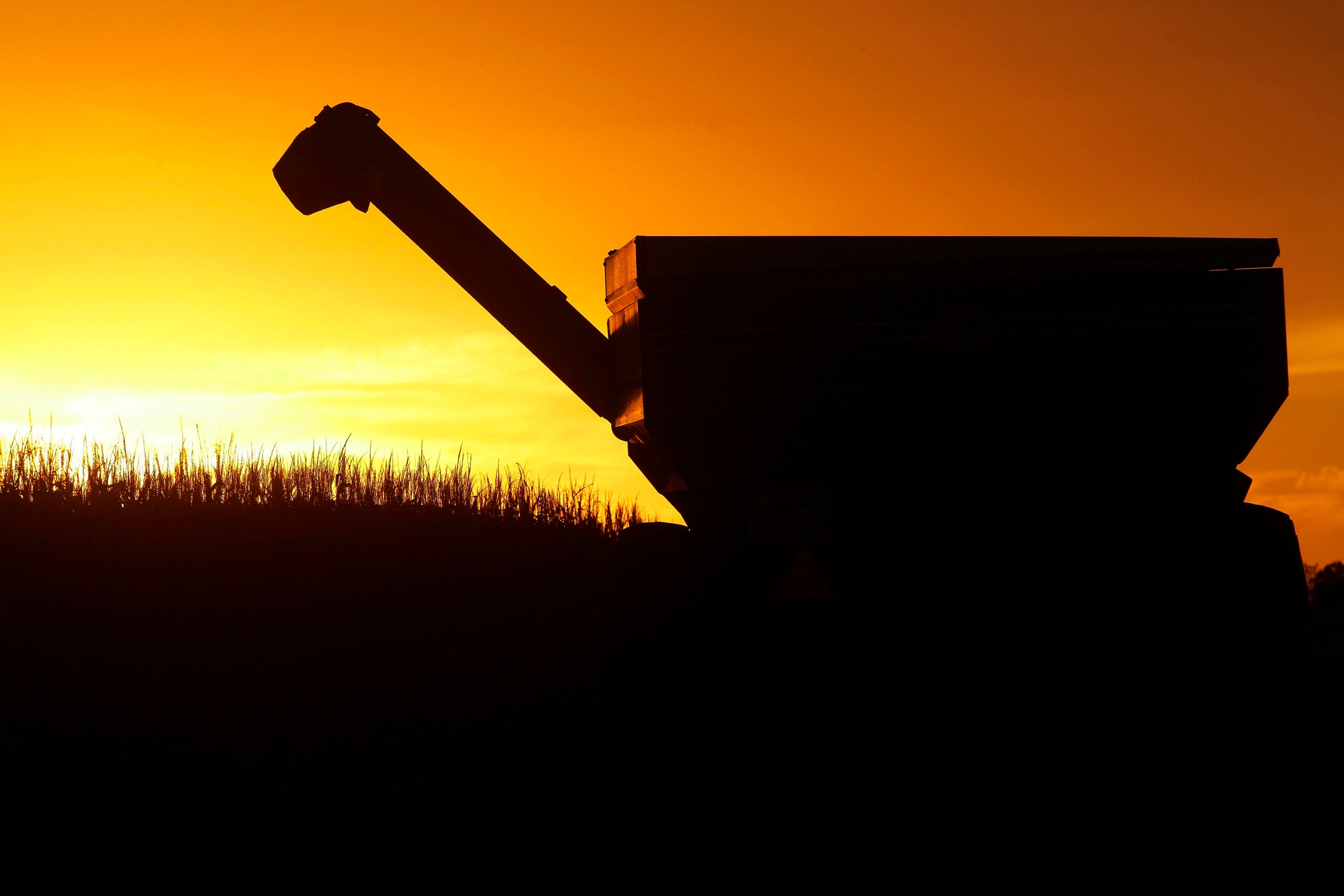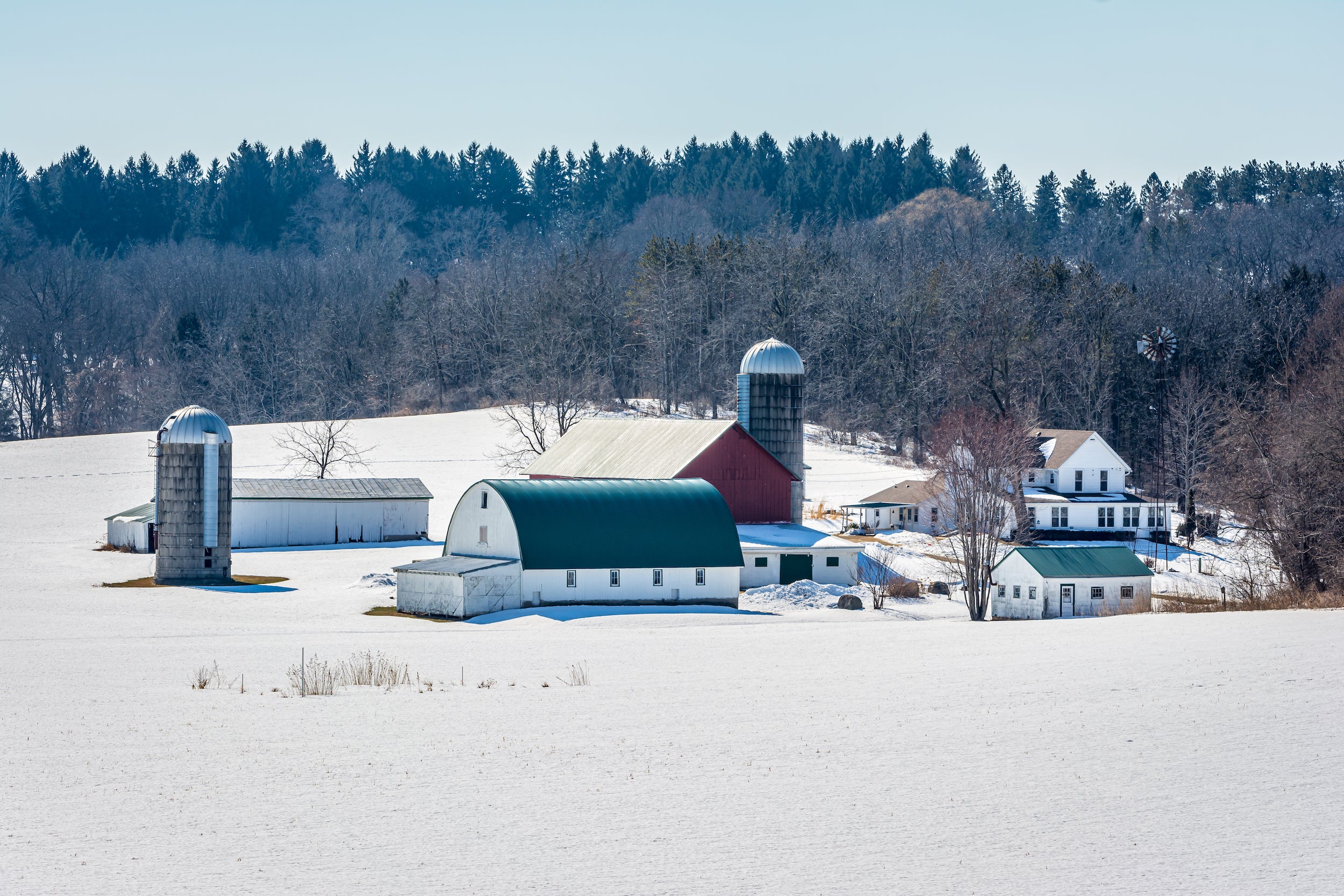Wisconsin farmers will have the opportunity to connect with each other online through a new program from the state Department of Agriculture, Trade and Consumer Protection (DATCP).
DATCP’s Wisconsin Farm Center will be hosting support groups for farmers and farm couples on Zoom starting in February. With each session led by a farmer and a licensed mental health counselor, the conversations are meant to allow producers to encourage each other and share ideas to get through a challenging time in the agriculture industry.
“With all of the extra stress and anxiety going on on farms in recent years, we thought it was a good venue for them to kind of know they’re not alone and have a chance to talk about some of the struggles they deal with on a daily basis,” said Jayne Krull, director of the Wisconsin Farm Center.
Stay informed on the latest news
Sign up for WPR’s email newsletter.
Krull said the agency planned to host the support groups in person before the coronavirus pandemic because of the financial stress felt by many farmers over the last few years. But she said the online format has presented new opportunities to reach farmers who may not have had time for an in-person meeting.
The center has already gotten positive feedback from producers who are using the agency’s new telecounseling services, Krull said, especially because of the convenience.
“Farmers are liking that they don’t have to clean up and leave the farm because they don’t have enough time to do all that,” Krull said. “And so this is a quick way to jump online and not have to go through all that.”
She said the online format also provides a level of anonymity to farmers who may feel uncomfortable telling neighbors or friends that they’re struggling.
“You don’t have to show your picture, you can just use your first name. Even if you don’t actually speak and participate, just to hear other people are struggling with the same thing you are,” Krull said. “Farming is such an isolating occupation that it’s good for them to know they’re not alone.”
Joy Kirkpatrick is an outreach specialist for the University of Wisconsin-Madison’s Center for Dairy Profitability who meets with farmers to help them navigate farm succession planning.
Kirkpatrick said she thinks the opportunity for anonymity online could make some farmers feel more comfortable sharing tough realities.
But she said she has noticed in her own work that meeting with people online is not exactly the same as in person.
“There’s so many nonverbals that happen and I could imagine with the (virtual support) groups, there will be something missing from the in-person,” Kirkpatrick said. “Almost everything we’re doing since the pandemic started is a little bit of an experiment.”
While reliable broadband access can be a challenge in rural areas, Kirkpatrick said she has been able to get around that obstacle by having people call into a virtual meeting.
She said the biggest benefit of the new program will likely be the fact that the conversation is exclusive to farmers. The pandemic has interrupted the way people in the agriculture community connect, Kirkpatrick said, whether it’s sharing a cup of coffee at the local feed mill or through their child’s extracurricular activities.
But she said these connections between farmers were already starting to fray before the coronavirus changed day-to-day life.
“It used to be that any sort of county road might have maybe five, 10 farms on it and that would be that neighborhood community of farmers, who all are experiencing a lot of the same things at the same time,” Kirkpatrick said. “With people exiting the business, maybe that land is being purchased by a bigger farm rather than a new family coming into that particular area. We have fewer farms, and so the fabric of that community looks different now.”
Kirkpatrick said she hopes farmers participating in the Wisconsin Farm Center’s new program, as well as other initiatives hosted by producer-led organizations, will help strengthen that social fabric in the agriculture community.
Wisconsin Public Radio, © Copyright 2024, Board of Regents of the University of Wisconsin System and Wisconsin Educational Communications Board.






